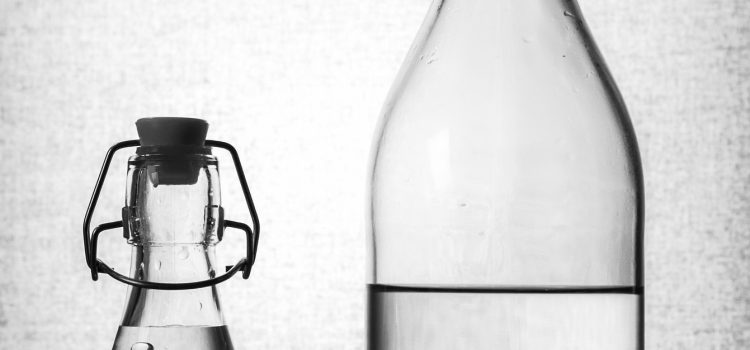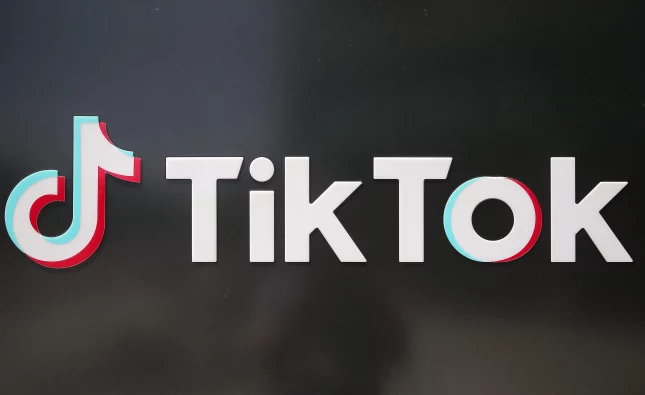
Water, the essence of life, has long reigned as the go-to beverage for hydration. However, in recent years, its dominance has faced challenges as alternative hydration options flood the market. From sports drinks and flavored waters to energy beverages and infused concoctions, the landscape of hydration is rapidly evolving. In this article, we explore the changing preferences in hydration and the potential consequences of straying from water’s timeless reign.
The Popularity of Alternative Hydration Beverages:
In today’s fast-paced world, consumers seek hydration options that offer more than just replenishing fluids. Sports drinks, for example, provide electrolytes and carbohydrates to support athletes’ performance and recovery. Flavored waters, infused with fruits and herbs, offer a refreshing twist and a burst of natural flavors. Energy beverages promise a boost of stamina and focus, catering to those seeking a quick pick-me-up. With such a diverse range of options, water is facing tough competition for the top spot in the hydration hierarchy.
The Rise of Functional Beverages:
Beyond hydration, consumers are increasingly seeking functional benefits from their beverages. This shift has led to the rise of functional beverages that target specific needs, such as enhanced focus, relaxation, or immune support. These beverages often incorporate ingredients like adaptogens, vitamins, and botanical extracts. While they may offer added benefits, the question arises: do they truly replace the simplicity and purity of water?
Environmental Concerns:
As the demand for alternative hydration beverages grows, so do concerns about their environmental impact. Single-use plastic bottles and excessive packaging contribute to pollution and waste. In contrast, water, as a readily available resource, can be consumed without adding to the plastic crisis. Choosing water over alternative beverages not only promotes personal health but also contributes to a more sustainable future.
Health Implications:
While alternative hydration beverages may offer enticing flavors and functional benefits, their impact on health should be carefully considered. Many of these beverages contain added sugars, artificial sweeteners, and high levels of caffeine, which can have adverse effects on the body. Water, on the other hand, remains the natural and calorie-free option that supports optimal hydration without any negative health implications.
The Importance of Mindful Hydration:
Amidst the evolving landscape of hydration, it is crucial to adopt a mindful approach. Understanding the body’s hydration needs and making informed choices is key. While alternative beverages can be enjoyed occasionally, they should not replace water as the primary source of hydration. Opting for water ensures a pure, reliable, and essential source of refreshment.
Reigniting the Love for Water:
To reignite the love for water, we must celebrate its simplicity and timeless benefits. Promoting the accessibility and importance of clean, filtered tap water can help shift the focus back to this fundamental beverage. Encouraging individuals to carry reusable water bottles and utilize water refill stations can reduce the reliance on single-use plastic bottles and promote sustainable hydration habits.
Conclusion:
As the beverage industry continues to innovate, the reign of water as the ultimate hydration choice is facing challenges. Alternative beverages offer variety, flavors, and functional benefits, but they also come with environmental and health concerns. While it is essential to embrace diversity and personal preferences, water’s simplicity and purity should not be overlooked. By making mindful choices and prioritizing the value of water, we can strike a balance between enjoying alternative beverages and recognizing the timeless importance of water in our hydration routine.










